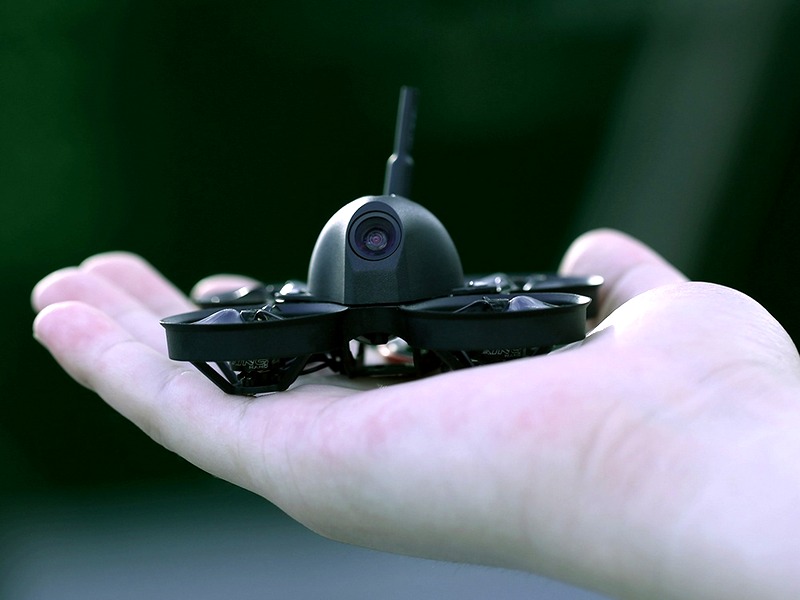Is drone with GPS better than no GPS?

The answer to the question of whether a drone with GPS is better than no GPS is a resounding yes. GPS stands for Global Positioning System and is a satellite-based navigation system that uses a network of 24 satellites orbiting the Earth to provide precise location and time information. GPS is used in a variety of applications, including aviation, maritime navigation, and even military operations. A drone with GPS is able to utilize this system to accurately identify its location and track its movements, allowing it to be used for a variety of tasks, such as mapping, surveying, search and rescue, and even delivery services.
One of the major advantages of having a drone with GPS is that it is much more reliable than a drone without GPS. Without GPS, a drone is limited to manual navigation, which can be difficult and time-consuming. Additionally, manual navigation can be prone to errors, which can lead to the drone getting lost or straying off-course. GPS, on the other hand, is much more reliable and accurate, and allows the drone to precisely track its location and movements. This makes it much easier to plan a flight path and follow it accurately.
Another advantage of having a drone with GPS is that it is much safer than a drone without GPS. Without GPS, a drone can easily become lost or stray off-course, which can be dangerous in certain situations. A drone with GPS is able to accurately track its location and movements, allowing it to be safely operated in a variety of environments. Additionally, GPS can be used to create virtual fences and boundaries that the drone can be programmed to stay within, further increasing its safety.
Finally, having a drone with GPS can also help to improve the overall efficiency of a drone operation. A drone with GPS can be programmed to take the most efficient route to its destination, allowing it to save time and energy. Additionally, GPS can be used to identify obstacles and other potential hazards, allowing the drone to avoid them and stay on course. This can help to reduce the risk of accidents, as well as improve the overall efficiency of the drone’s operation.
In conclusion, having a drone with GPS is definitely better than having a drone without GPS. GPS is much more reliable and accurate than manual navigation, making it easier to plan and follow a flight path. Additionally, GPS can help to increase the safety of a drone’s operation, as well as improve its overall efficiency. For these reasons, having a drone with GPS is definitely the better option.
Comments / Question
2. Photography and videography: Drones with GPS can be used to capture stunning aerial photos and videos.
3. Search and rescue: Drones with GPS can be used to locate missing persons or objects in remote areas.
4. Agriculture: Drones with GPS can be used to monitor crop health and detect potential issues.
5. Delivery: Drones with GPS can be used to deliver goods and products to customers.
-A drone with GPS allows for precise navigation and positioning, making it easier for the user to know where the drone is located at any given time.
-GPS-enabled drones are able to fly in autopilot mode, allowing the user to focus on capturing the desired footage, rather than being forced to manually pilot the drone.
-GPS-enabled drones are able to fly in a predetermined route, making it easier to capture footage of large areas quickly and efficiently.
-GPS-enabled drones can also be used for mapping and surveying, as the accurate positioning data can be used to create 3D maps of the area.
Disadvantages:
-GPS signals can be blocked or interfered with in certain areas, such as heavily wooded areas or urban environments, which can impede the drone’s ability to accurately navigate.
-GPS-enabled drones are more expensive than non-GPS models, as the technology itself is more complex and expensive.
-GPS-enabled drones are also vulnerable to hacking, as the location data can be used to gain access to the drone’s controls.

